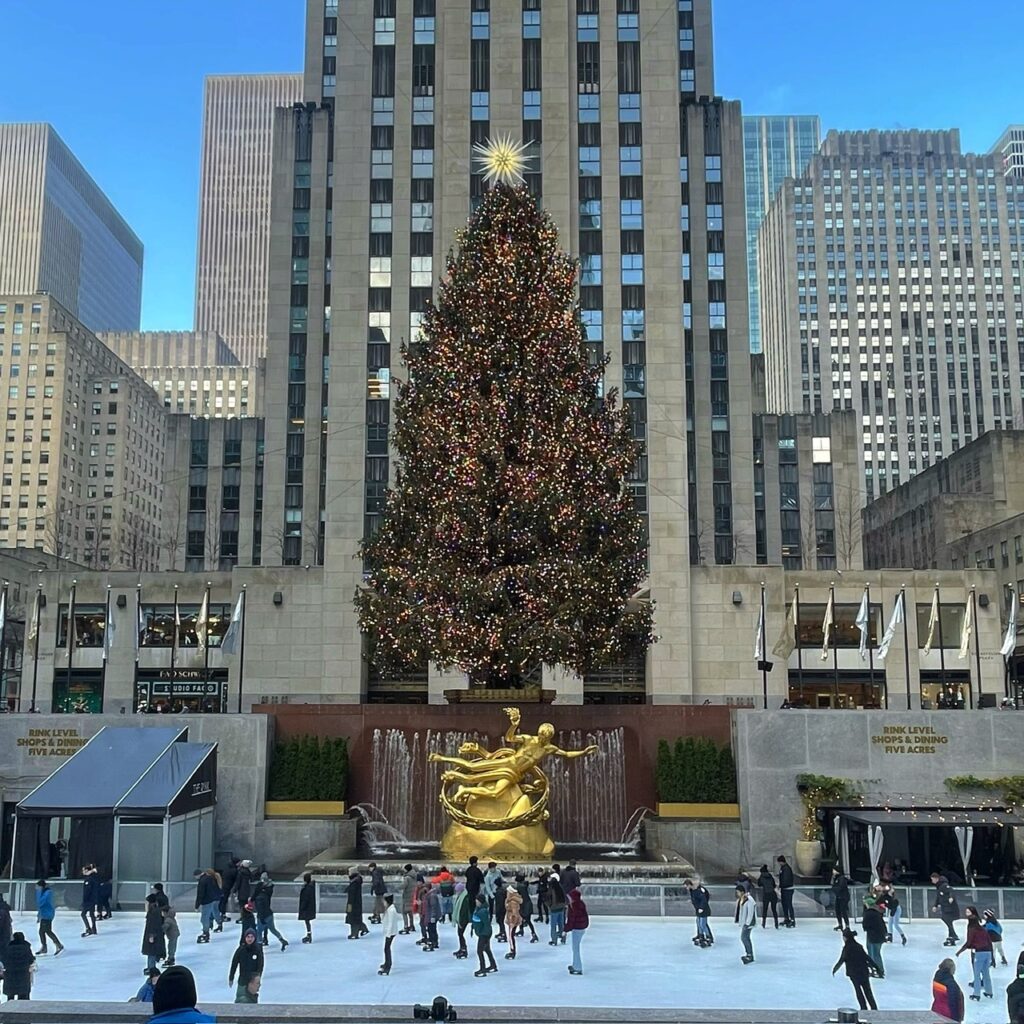
“Yes, Virginia, there is a Santa Claus.” This is probably one of the most famous lines ever written. It first appeared in an editorial in response to a reader question in the “The Sun” newspaper in 1897. Virginia O’Hanlon, an 8-year-old who lived in New York City, was told by friends that Santa might not be real. Unsure what to think about this, she asked her father who encouraged her to write in to the newspaper. She wrote in to “The Sun” newspaper and awaited a reply. Francis Pharcellus Church, one of the paper’s editors, wrote a reply that has become one of the most famous editorials ever written and most reprinted. This editorial has since been the inspiration for books and movies and the answer is just as important today as it was over 100 years ago.
I love this piece for many reasons. First, Church points out that there is so much that we can’t see that still exists. Church explains “Nobody sees Santa Claus, but that is no sign that there is no Santa Claus. The most real things in the world are those that neither children nor men can see…Nobody can conceive or imagine all the wonders there are unseen and unseeable in the world.“
Secondly, while Church is answering the question of an 8-year-old, his answer is thought provoking, deep and something readers of all ages can appreciate. I’ve always believed the best children’s books are written for readers of all ages in a way that is appropriate for but not limited to children. The same can be said for this editorial. It is written for a child but really, it is written for readers of all ages while being appropriate for a child.
Third, I love this because the answer is so much more important because of the impact it had on young Virginia. She had a question she was wrestling with. She reached to an adult to help her sort through it. She wrote out her question and read the reply. She was heard, her question was validated, and she received a wonderfully well written answer. What you might not know about young Virginia…she grew up and continued to ask questions. She wrestled with big ideas. She read. She explored. She pursued finding the answer. In 1930, at a time when many women did not go to college and even fewer pursued advanced degrees, she earned her doctorate degree from nearby Fordham University. Being heard and being taught to look for answers, is so important for a child. She didn’t receive a quick yes or no answer. The reply gave her something to think about. Those moments for a child, when they feel heard and validated, are so significant and can truly be lifechanging. The fact that she wrote and read a reply are of course, so significant. She didn’t know the answer, so asked questions and she read.
While books are so important for so many reasons, reading can be so much more than simply enjoying a good story. Reading answers questions, reading gives us new questions to ponder, reading introduces readers of all ages to new things. Reading helps us grow.
* You can read the full text of Church’s editorial here.
* Learn more about Virginia’s education, doctoral dissertation and role as an educator here.
